27 Wonders of the World
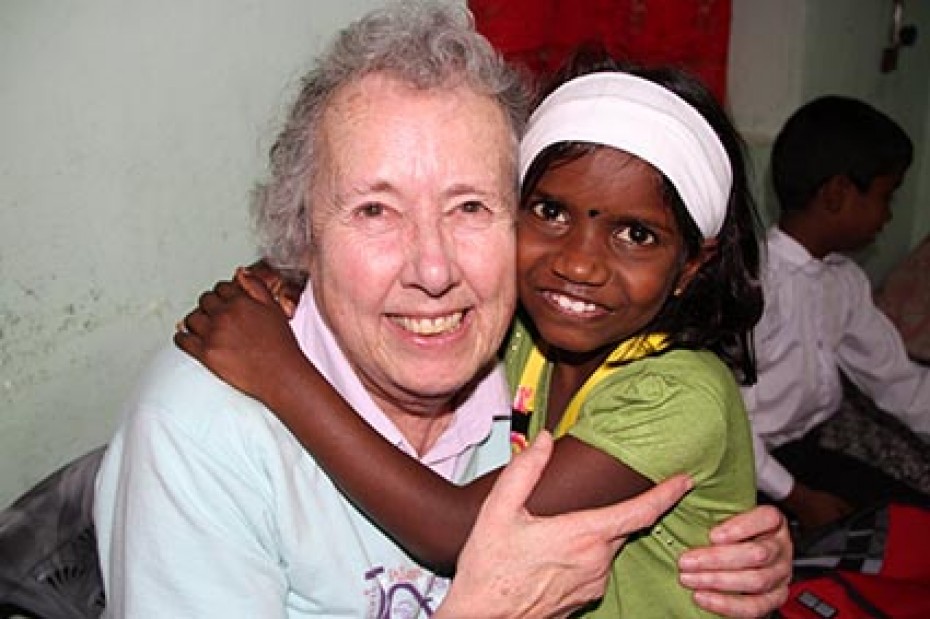
Margaret Lutley’s counter above her kitchen sink is framed with photos of more than 30 young people — at least one from each country where Compassion works — who are living better lives today because of her.
Continue Reading ›Making New Friends with Letters
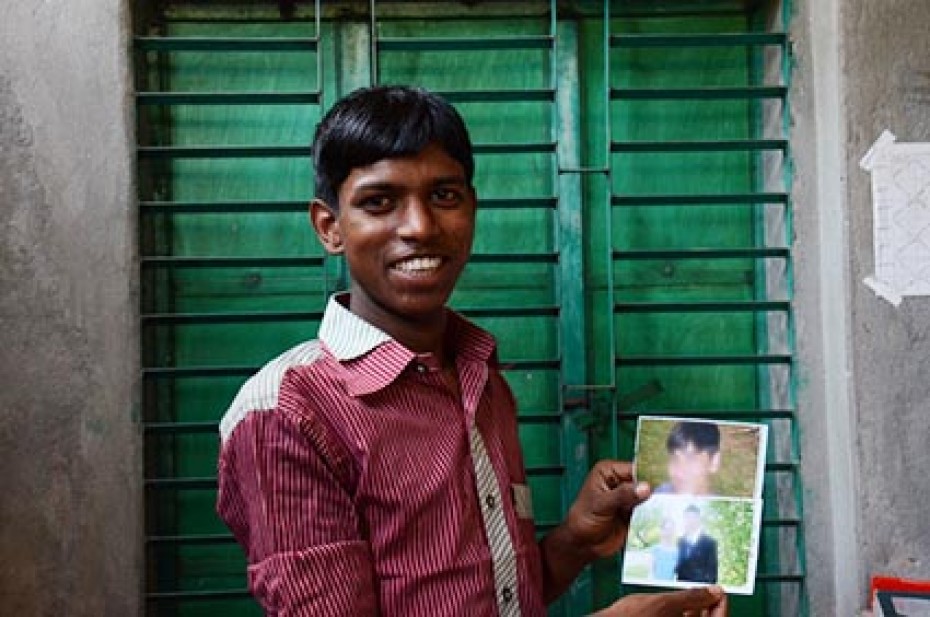
Through our child development centers, the ministry has initiated a new type of friendship in Bangladesh. For sponsored children, friendship isn’t limited to age, distance or culture.
Continue Reading ›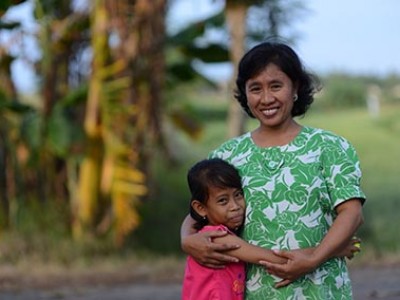
Loving a Child with Beta Thalassemia Major
Vita wakes up every day intending to paint something beautiful with her life. Some days, she doesn’t feel like she has all the right colors.
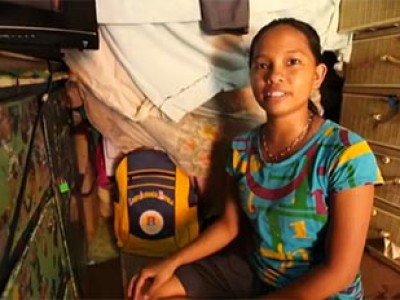
“You (and Your Letters) Made Me a Good Child”
If you were forced to quickly leave your home of 17 years, what items would you grab first? For Maribel, she rescued the items most valuable to her — her sponsor’s letters.
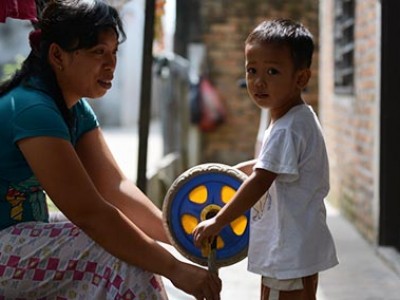
She Chose Life
Desperate, tired and unsure of her future, Norma walked helplessly towards home. She was sad and angry and at four months pregnant considered having an abortion.

Blessings From Korea to Ecuador
Around 40 children were sponsored from the El Sembrador Student Center by Compassion Korea. Our entire staff in Ecuador was enormously thankful to the Lord for such unparalleled blessing.
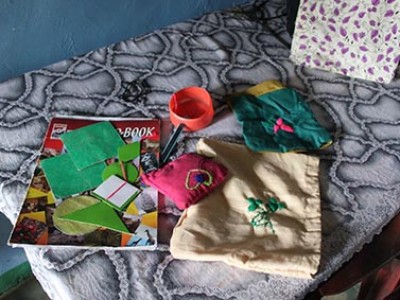
A Home Filled With Love
One family was close to divorce because of the burden of a child. After joining the Child Survival Program, they are now positive examples to other mothers and fathers in their community.
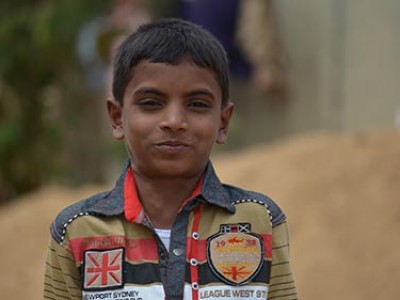
When a Family Can’t Afford Emergency Surgery
NOTE FROM EDITOR: This content honors Compassion’s historical work in India. While we no longer have an India sponsorship program, we are grateful for the lives changed and meaningful work achieved through our sponsors and donors in our nearly 50 years there. For a detailed explanation of the end of our sponsorship program in India, please visit: compassion.com/india-update.
Superstitious beliefs and a fear of doctors prevent many people in India from taking their sick children to the hospital. They would rather get medicine from a local pharmacy, where pharmacists supply tablets and syrups without a doctor’s prescription.
Hemant’s parents had little awareness of health and education. Hemant’s father, Venkobrao, works as a load man in the market, loading and unloading fruits and vegetables. His job is seasonal and when there is work, he earns about 80 Indian rupees (approximately $1.50 U.S.) a day.
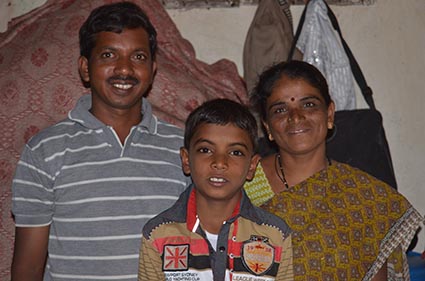
No one knew the reason for Hemant’s chronic sickness. All his parents knew was that he frequently fell ill and suffered. This affected his education as well. With poor school attendance, he fared badly on his exams. When health is a priority, education naturally becomes secondary.
When Hemant fell sick with fever, we counseled his parents and immediately rushed him to a nearby hospital. After a complete checkup he was diagnosed as having three holes in his heart. The doctor told his parents,
“If not treated within six months, your son will die.”
The surgery would cost more than $2,100 U.S. — a sum far above the family’s means. Radhabai, Hemant’s mother, shares,
“Even if we worked all through our life, we could never afford this.”
But thanks to the Complementary Interventions Medical Fund, Hemant received immediate surgery and his life was saved.
Today, Hemant is an active boy in the fifth grade. He is coping in his studies and is involved in sports. He loves to play football and cricket and dreams of becoming a policeman.
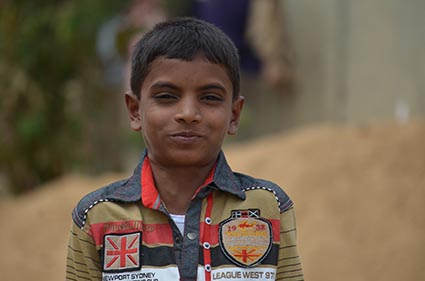
Radhabai shares,
“My days of pain and agony are over now that my son is no longer ill. How relieved I am. If not for Compassion’s help, I could have never seen my son alive. I am so grateful.”
Now Hemant’s family knows there is someone to support them in times of crisis. They realize that they are loved and cared for. As a family, they now believe in God and regularly participate in Sunday worship services.
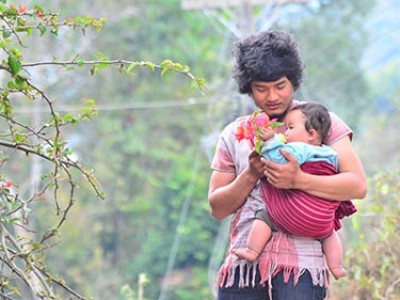
A Single Father’s Journey
From the Karen tribe, Somporn and his wife Sopak dreamed of having a big family. They planned to spend many sweet long years together, until they grew old. They did not imagine that “’till death do us part” would come so quickly.
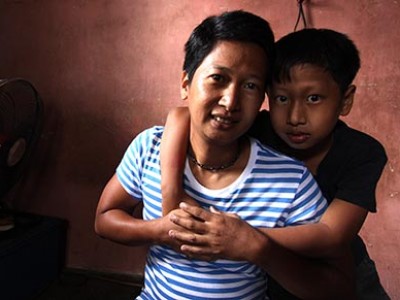
Not Your Typical Father
Fathers are expected to work and earn money for the family, not go to church or take care of the children. But Joseph is not the typical Filipino father.
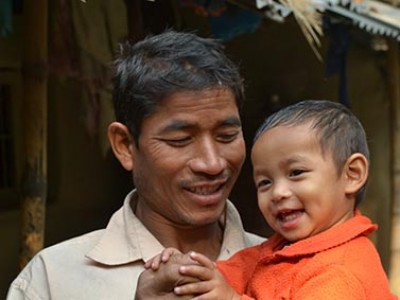
The Bond Between Father and Daughter Is a Blessing
Sujon decided never to see his daughter’s face. Ignorance, superstition and the effects of a dowry system had hardened his heart. Somapti had a father, but she was virtually fatherless.

Never More Loved
Leah looked for more and more reasons to stay away from her abusive home. She ended up joining a gang and did what they did just to have a sense of family.


